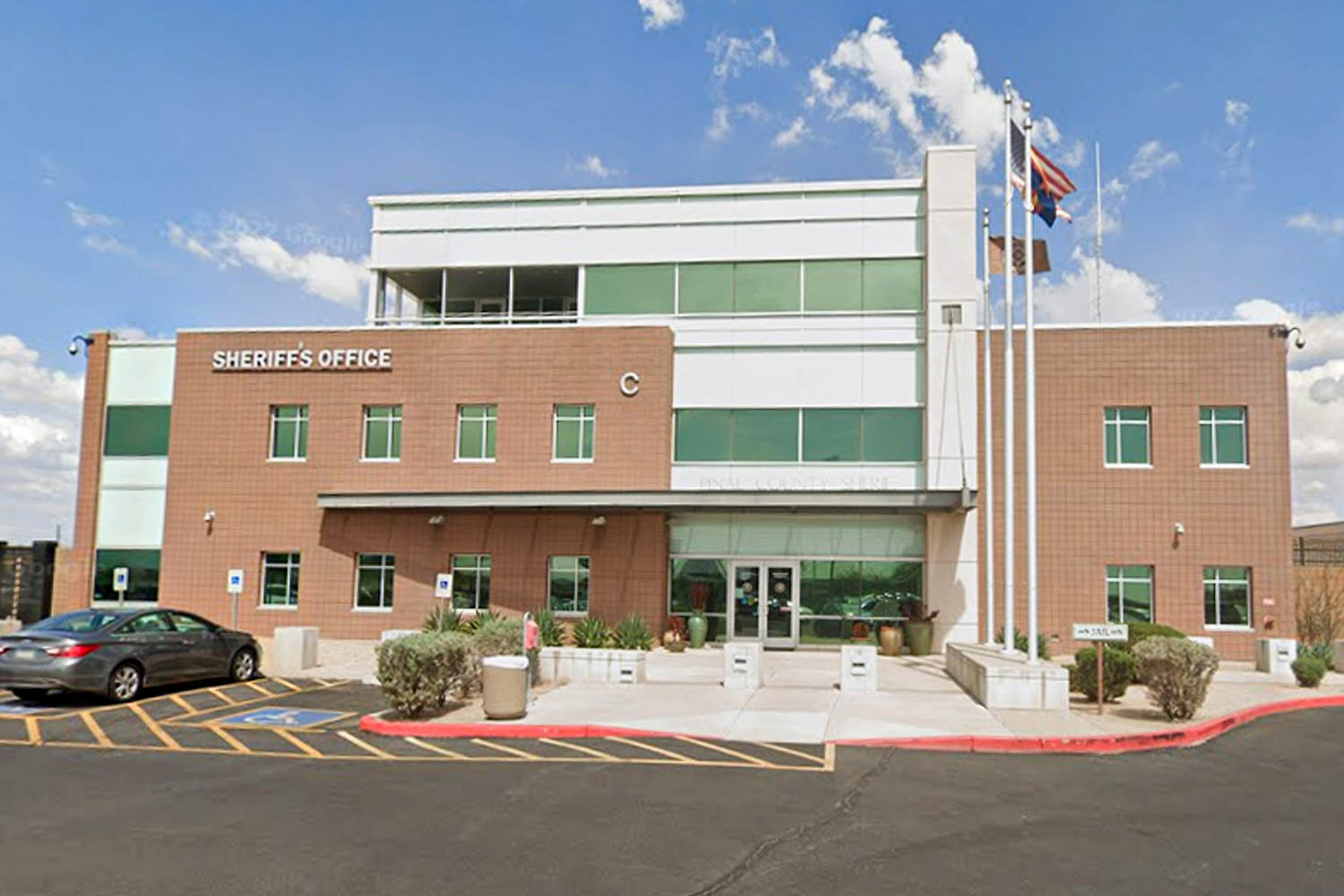Problems in the world today that need to be solved
Urgent global challenges—from climate change and inequality to health crises and conflict—demand collective action for a sustainable, equitable future.
Certainly! The world is currently grappling with a myriad of complex problems that require urgent attention and innovative solutions. Addressing these challenges is crucial for the well-being of humanity and the sustainability of our planet. Here are some key issues facing the world today that demand immediate action:
Climate Change
One of the most pressing global challenges is climate change. Rising temperatures, extreme weather events, melting glaciers, and sea-level rise are all consequences of human-induced greenhouse gas emissions. The need to transition to renewable energy sources, reduce carbon footprints, and implement sustainable practices across industries is critical to mitigate the impact of climate change and safeguard the environment for future generations.
Poverty and Inequality
Inequity remains a pervasive issue worldwide. Millions of people still live in poverty without access to basic necessities such as food, clean water, healthcare, and education. Addressing economic disparities and promoting inclusive growth are crucial for creating a more equitable society.
Access to Education and Healthcare
Quality education and healthcare are fundamental human rights, yet millions lack access to these essential services. Providing equitable access to education and healthcare, particularly in underprivileged areas, is essential for breaking the cycle of poverty and ensuring the well-being of communities.
Political Instability and Conflict
Conflicts, both within and between nations, continue to cause immense suffering and hinder progress. Finding diplomatic solutions, promoting peacebuilding efforts, and addressing the root causes of conflicts are crucial steps toward achieving stability and fostering global cooperation.
Biodiversity Loss and Environmental Degradation
The loss of biodiversity, deforestation, habitat destruction, and pollution threaten the delicate balance of ecosystems. Conservation efforts, sustainable land-use practices, and measures to protect endangered species are vital for preserving biodiversity and ensuring a healthy planet.
Technology and Ethics
Advancements in technology bring immense benefits but also raise ethical concerns. Issues such as data privacy, artificial intelligence ethics, and the responsible use of technology require careful consideration and regulation to ensure that innovation serves the greater good without compromising individual rights and values.
Health Crises and Pandemics
The COVID-19 pandemic highlighted the vulnerabilities of global health systems. Preparedness for health crises, equitable vaccine distribution, and strengthening healthcare infrastructure are critical to effectively combatting current and future pandemics.
Food Security and Agriculture
Feeding a growing global population sustainably is a challenge. Ensuring food security while promoting sustainable agricultural practices, reducing food waste, and addressing issues of distribution and access to nutritious food are crucial for a sustainable future.
Refugee Crisis and Migration
Conflict, persecution, and environmental factors force millions to flee their homes, leading to a global refugee crisis. Addressing the root causes of displacement, providing humanitarian aid, and fostering inclusive policies for refugees and migrants are essential for addressing this humanitarian challenge.
Addressing these complex issues requires collaborative efforts from governments, businesses, non-governmental organizations, and individuals worldwide. Innovative solutions, policy reforms, sustainable practices, and a collective commitment to positive change are essential to tackle these global problems and create a more prosperous, equitable, and sustainable world for current and future generations.



 javed
javed 











